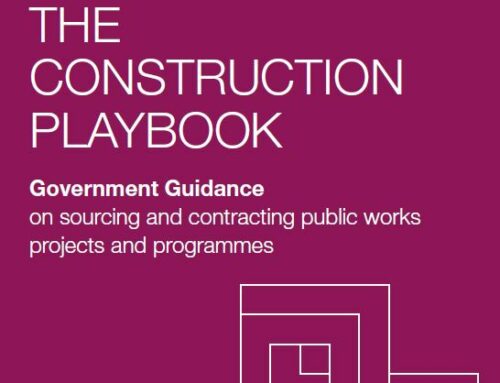The UK construction is seeing growth and margins stagnating while at the same time almost every aspect of cost from materials to skills, is rising steadily. It’s a situation that allows little or no room for error and demands that construction more project managers have to be more effective than ever.
Delivering a high quality project for a client on time and budget is no mean feat and while the skills of a project manager must be many and varied, there five aspects that are key to success.
Planning
Detailed strategic planning must start before the contract is finalised and needs to take account of every eventuality. Ask anyone in construction what the variables are and they’ll happily tell you, but how often were they properly considered in the planning? An effective project plan should be a road map to completion that defines the deliverables and risks at every stage of the process. It should identify and eliminate potential problems up front so that they don’t become costly fixes once site operations start.
Communication
Success requires teamwork and the best teamwork is always the result of effective communications. It’s vital to establish communication processes for everyone involved in the project. That flow of information needs to continue throughout the lifetime of the project. An effective PM should get out on to site as much as possible to measure progress and get as much feedback as possible.
Collaboration
Involve the supply chain with the design team from as early on as possible in the bidding process. One of the biggest benefits of collaboration is the potential to improve productivity and value on the project for everyone while delivering a quality building on time. Involving everyone from the start, supported by effective communication, will also manage expectations and reduce client changes further down the line.
Review (and review again!)
Constant and repeated progress review is vital and minimises discrepancies with resources. Unforeseen problems are bound to occur but if they have been planned for at the start then it is easier to adapt, reassess and reprioritise. For example, a spell of bad weather might mean redeployment of staff onto other tasks.
Technology
There is no shortage of technology available to help project managers deal with the huge number of complex tasks associated with any construction project. That in itself can create problems if contractors in the supply chain all use different technology and software products that don’t integrate well. It’s a significant consideration at the pre contract planning stage so that solutions can be found to allow effective sharing of documentation and data throughout the project.





